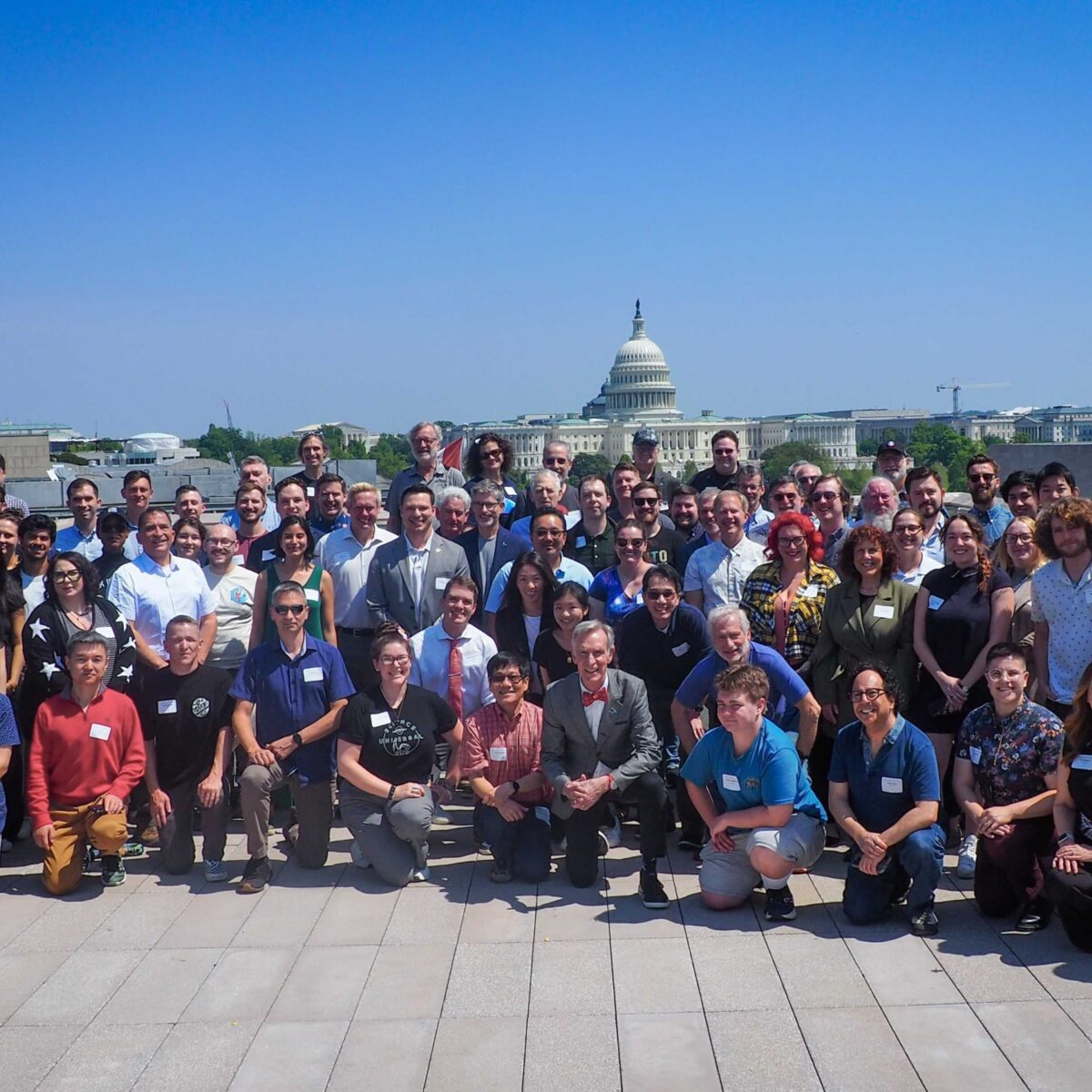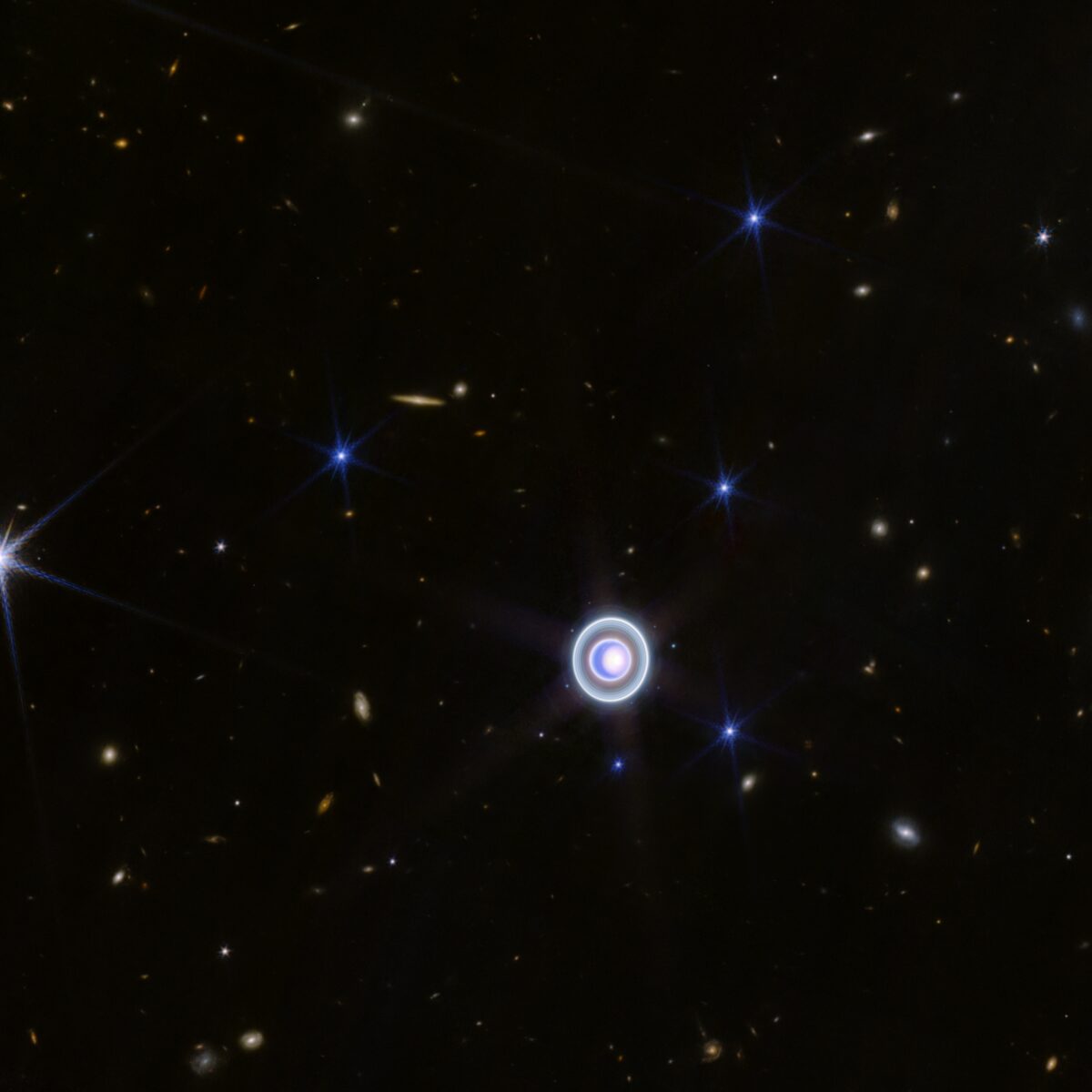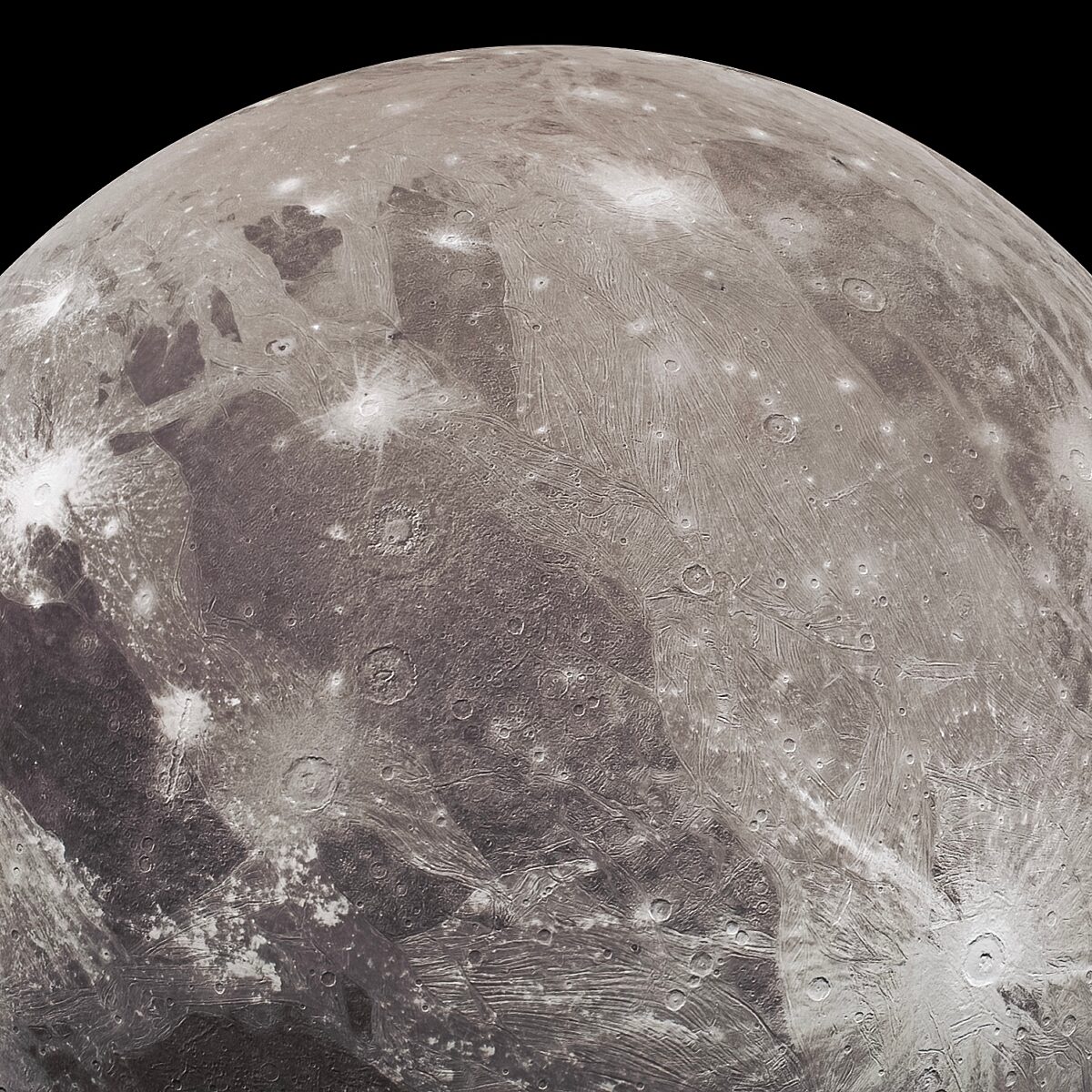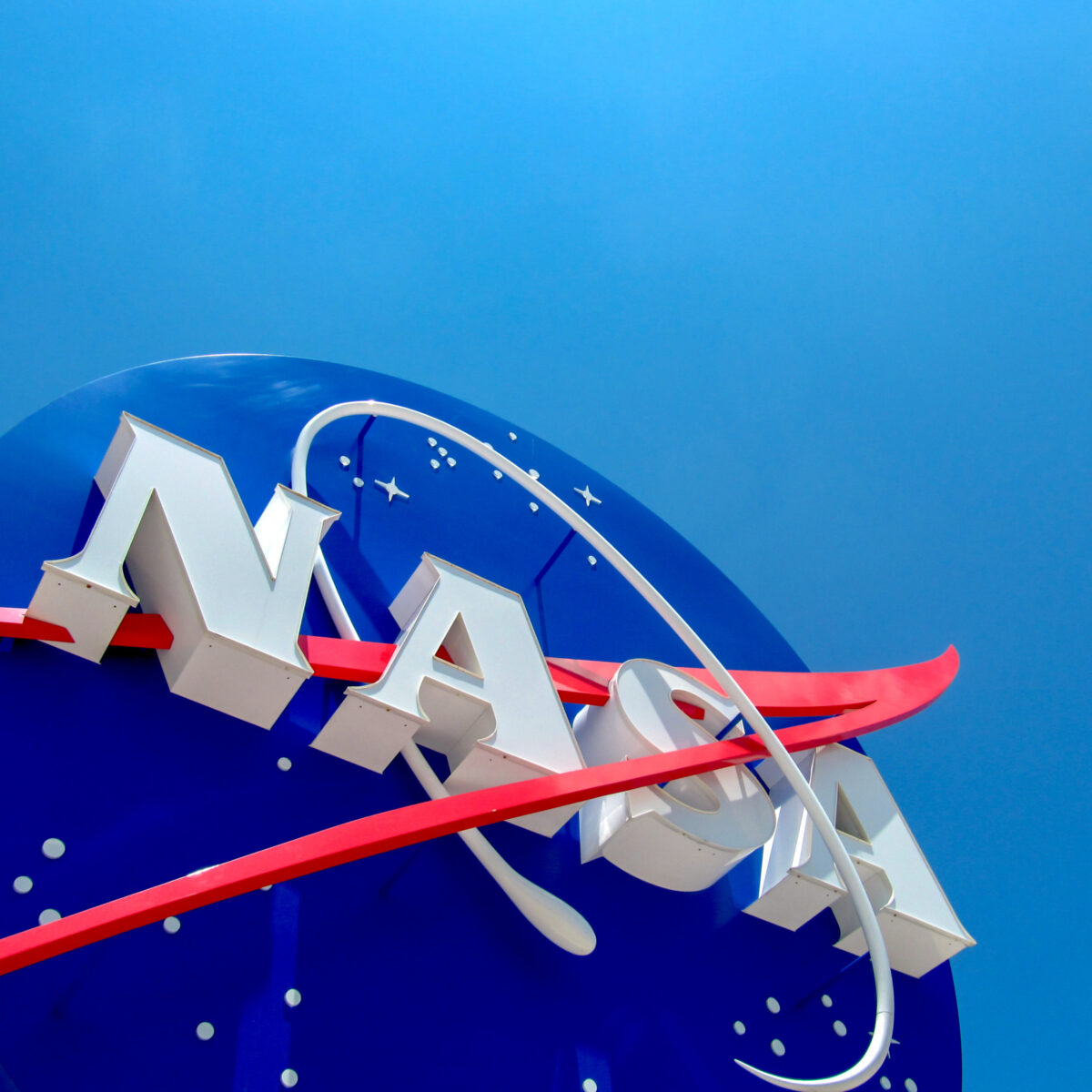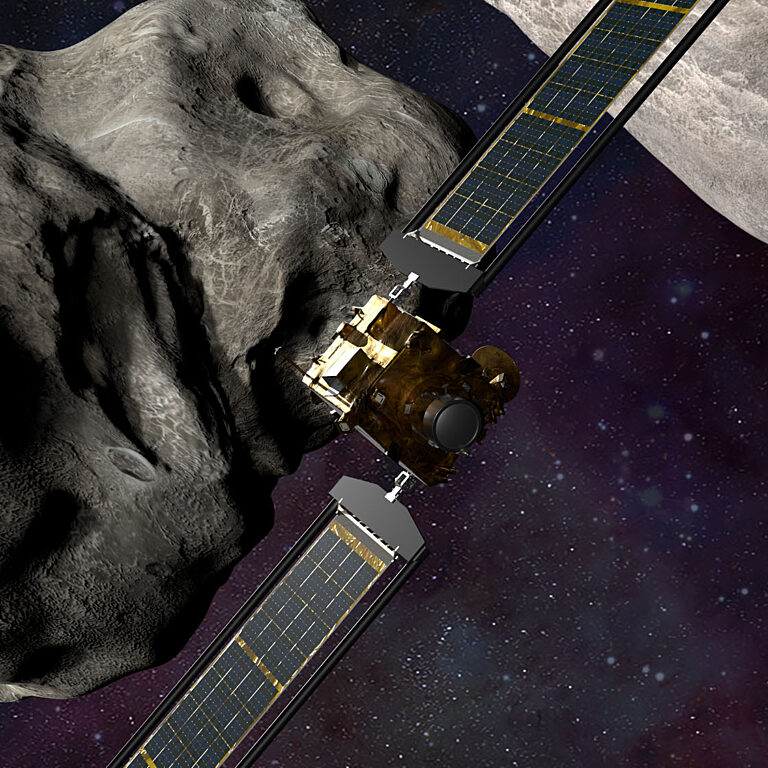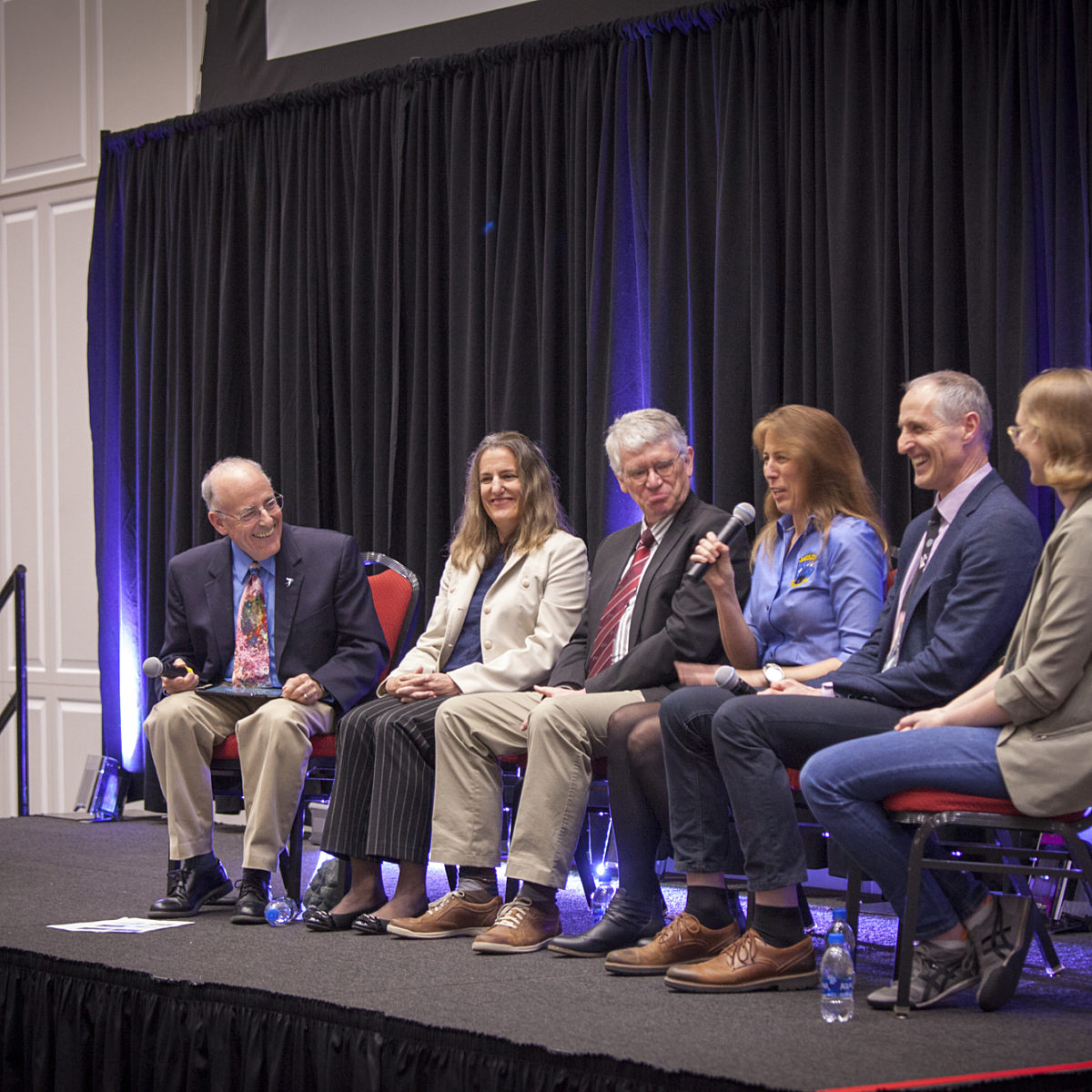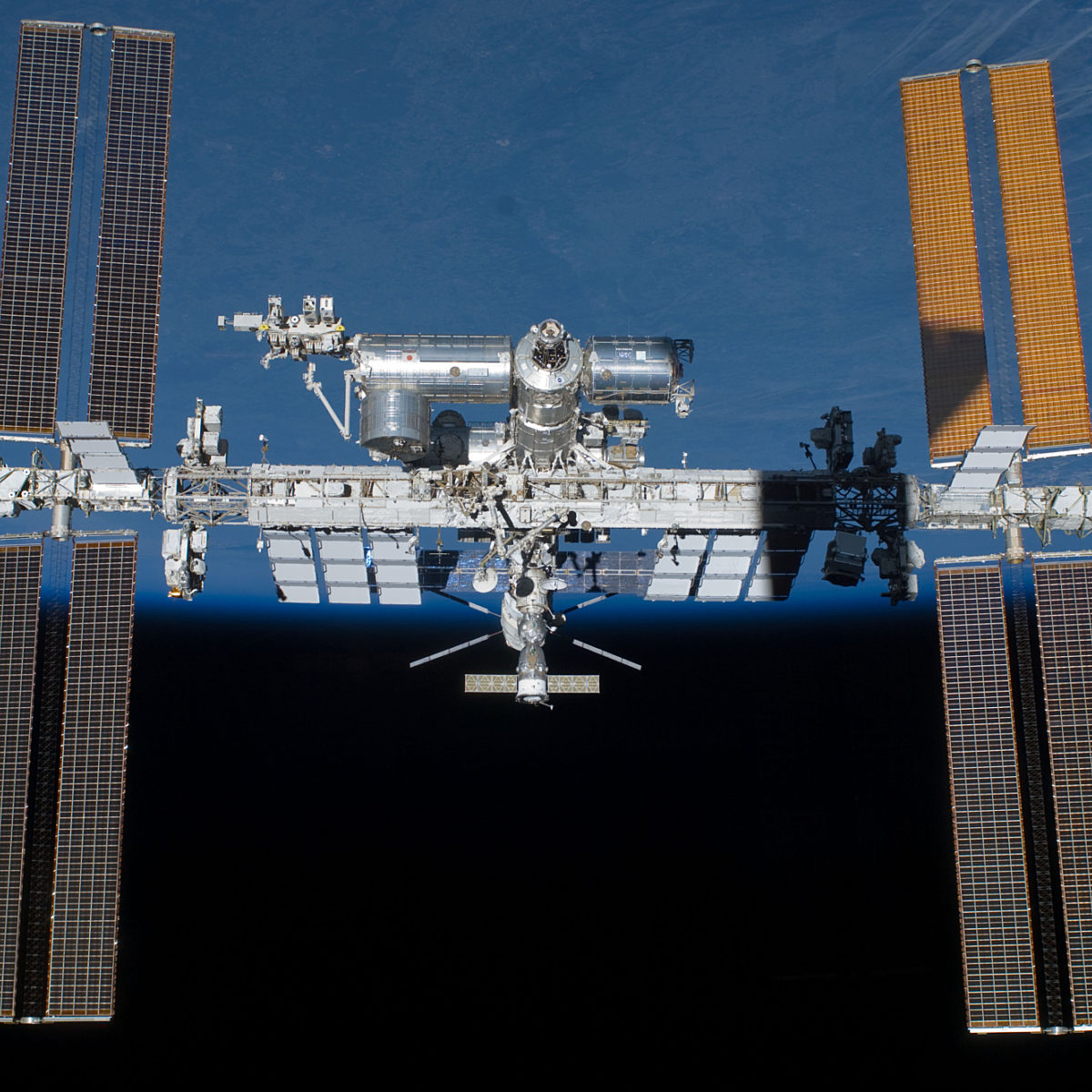Since 2002, Planetary Radio has visited with a scientist, engineer, project manager, advocate, or writer who provides a unique perspective on the quest for knowledge about our Solar System and beyond. The full show archive is available for free.
Search Planetary Radio
This week on Planetary Radio, we'll share what happened during this year's Day of Action and why it matters.
We're celebrating lunar missions and the space advocacy that helps make them happen this week on Planetary Radio.
Members of The Planetary Society staff revisit some of 2023's most exhilarating moments and groundbreaking discoveries in space this week on Planetary Radio.
NASA's Mars Sample Return mission is both a top priority and seriously troubled. Independent review board chair Orlando Figueroa joins us to talk about the challenges and what must be done.
Join us as we celebrate the successful launch of the European Space Agency's Juice mission with project scientist Olivier Witasse.
A special Space Policy Edition featuring a recent policy and advocacy webcast that gave Planetary Society members the opportunity to query Chief Advocate Casey Dreier and Society CEO Bill Nye.
A healthy $26 billion has been proposed for NASA next year, but there are at least a couple of troubling factors we’ll discuss as Congress begins its review.
Seven Planetary Society experts and enthusiasts celebrate 2021’s many space science and exploration milestones.
The head of NASA’s planetary defense program discusses how the DART mission represents a new era for defending our planet from dangerous asteroids.
Brendan Curry, The Planetary Society’s chief of Washington operations, helps us untangle the fast-changing and complex machinations underway in the US capitol. What does it mean for NASA?
Space outreach expert and social scientist Linda Billings talks with host Casey Dreier about the language space advocates use to share their message.
Leaders of the global effort to avoid a catastrophic Near Earth Object impact gathered at the 2019 Planetary Defense Conference. On the evening of May 1st, The Planetary Society partnered in an exciting PDC public event at the University of Maryland College Park. Presentations by Society CEO Bill Nye and NASA Chief Scientist Jim Green were followed by Planetary Radio Live.
Can NASA return astronauts to the Moon by 2024? Vice President Mike Pence shocked the space community by announcing this ambitious new goal just weeks after the Trump Administration proposed a half-billion dollar cut to the space agency.
The last few days have seen developments that will shape the space exploration plans of Canada and the USA. The Planetary Society’s Kate Howells is a member of Canada’s Space Advisory Board. She reviews the nation’s new space policy.
In a government shutdown seemingly without end, we bring you two stories from individuals directly impacted by the crisis. NASA scientist and union representative Lee Stone discusses the missed paychecks, loss of science, and lasting negative consequences to the public sector scientific workforce.
We talk with planetary scientist and Lunar and Planetary Institute Director Louise Prockter, who co-led creation of a new report evaluating the performance of NASA's planetary science division.
President Trump recently ordered the creation of Space Force—but what does that mean? What are the implications for militarization of space? National security expert Dr. Brian Weeden joins the show to explain the announcement.
Freeman Dyson wasn’t the only space star at the ISDC. Mat talks with former astronaut and NOAA Administrator Kathryn Sullivan, leaders of the Cassini mission, innovative students and an expert on dental care in space.
President Trump just signed a new space policy directive targeting the regulations surrounding commercial spaceflight. Casey Dreier, Jason Callahan, and Mat Kaplan dive into the implications of the new directive and what it means for the relationship between government and space. They also break down all of the good news in the House's new funding bill for NASA, and highlight NASA Administrator Jim Bridenstine's turnaround on climate change.
After announcing it intends to divest from the International Space Station in 2025, NASA quietly released a new report on its transition plans, laying out a series of principles that will set the future of U.S. astronauts in low-Earth orbit. Can a private entity really take over the space station? Where did this idea come from anyway?


 Explore Worlds
Explore Worlds Find Life
Find Life Defend Earth
Defend Earth


